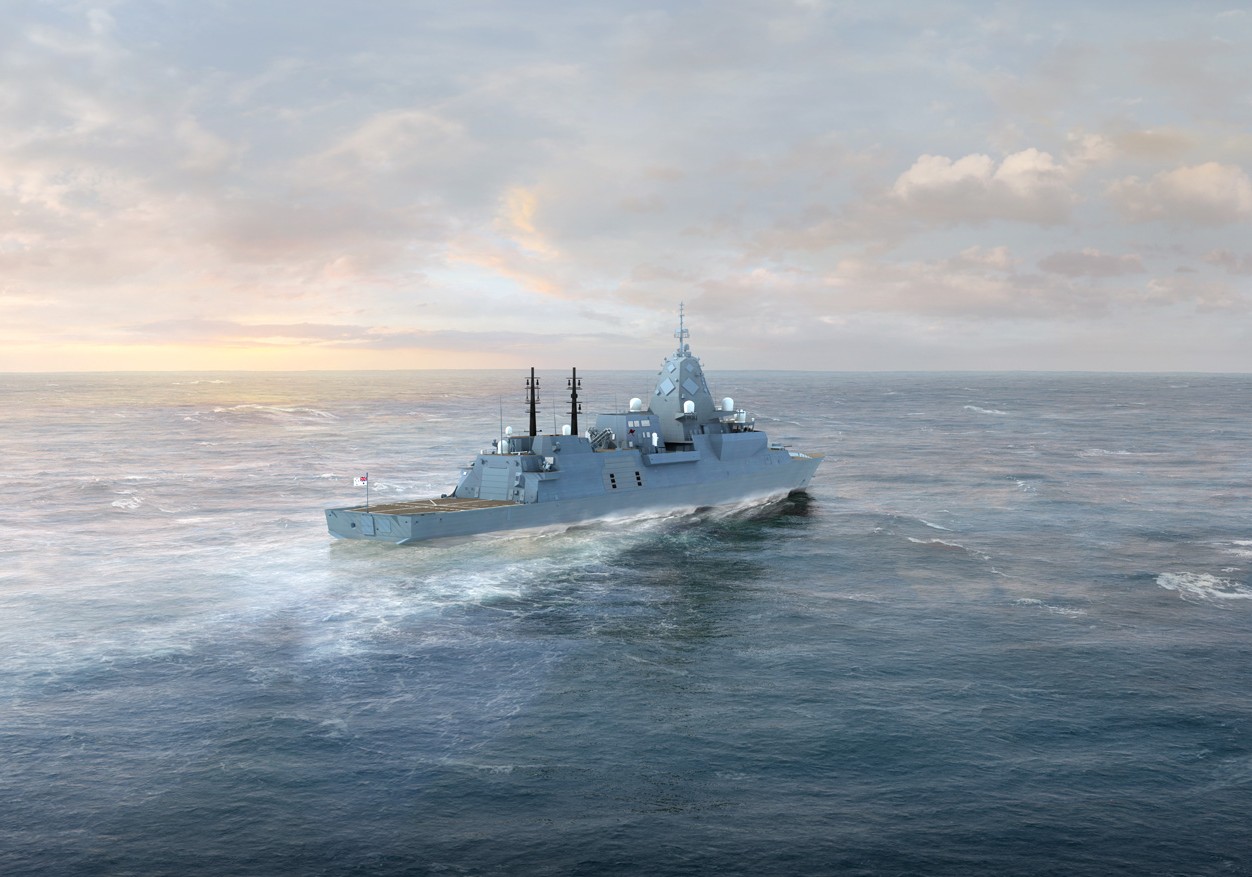
In the first part of this series, I looked at what we’ve learned recently about Defence’s naval shipbuilding enterprise. In this instalment and the next one, I’ll focus on what we’ve learned about individual projects, starting with the Hunter-class and Anzac-class frigates.
First Hunter frigate won’t sail until 2031
The Hunter class’s schedule is under pressure. Granted, the government and Defence are confident they will achieve the milestone of prototyping on schedule by the end of 2020, so pretty much right now. Since that’s purely an exercise in checking that the shipyard’s systems work, it doesn’t really say anything about maturity of the Hunter class itself, particularly since the prototyping will start by building blocks of the UK’s Type 26 version of the frigate, not ours.
Defence put the Hunter on its list of projects of interest (that is, not exhibiting symptoms bad enough to make it a project of concern but sending up some red flags requiring high-level attention) earlier this year ‘due to delays in finalising the design documents and weight increases to the Type 26 Frigate design’.
That doesn’t mean the project will miss the key milestone of starting actual construction by the end of 2022, but it may well mean that construction will begin with a design that is less mature than is desirable. As the Naval Shipbuilding Advisory Board noted in last month’s Senate estimates hearings, all shipbuilding projects start construction with an incomplete design. Defence says the Hunter’s final critical design review is planned for mid-2024, around a year and a half after construction starts.
It all comes down to where you’re willing to accept risk. But as bitter experience has shown—for example, with the Collins-class submarines and air warfare destroyers—when a project starts with unresolved risks, redesign and rework increase both the cost and the timeline.
Considering the government picked the most immature of the three participants in the frigate project’s competitive evaluation process and then agreed to five major modifications to the original design, it’s not surprising that schedule risks are mounting. No doubt the pandemic isn’t helping.
We also learned at estimates that the government is considering options to manage the emerging schedule risks, but based on its reiterated commitment to start construction by the end of 2022, moving that date doesn’t appear to be one of them.
Defence has now disclosed the date of a key milestone at the other end of the Hunter schedule (document 26). Considering the government stated in its July defence strategic update that we can no longer rely on 10 years of warning time ahead of a major conflict, it’s cold comfort to know that initial operating capability (the first ship being available for operations) is still 11 years away.
Upgrades and crew numbers will keep the Anzacs afloat
In light of the Hunter class schedule and the two-year delivery drumbeat, it’s vital to keep the Anzacs a relevant capability for another 20 years. So it’s good that the upgrades being performed under the Anzac midlife capability assurance program (AMCAP) appear to be going well, including the new long-range air-search radar.
There’s been some news for those following the long saga of HMAS Perth’s efforts to get back into the water after it was taken out of service in late 2017 because the navy couldn’t crew it. Originally it was due to return to service before January (ANAO audit report, page 39). That’s now shifted to late 2021 after the navy decided to put the ship through the AMCAP since it was already out of the water (page 20).
The good news is that the navy is now confident it will have enough personnel to crew all of its Anzacs as well as the Collins-class submarines, which is quite a turnaround from where it was only a few years ago.
It’s a salutary reminder that it doesn’t matter how much you spend on ships if you don’t have the people to operate them. How many personnel the navy thinks it will need for its much more substantial future fleet is one of the pieces of this complex puzzle that is still unresolved. The 2020 force structure plan says the government will consider Defence’s long-term personnel requirements next year. With the navy acquiring a larger fleet of much larger ships, that could require a substantial increase.

